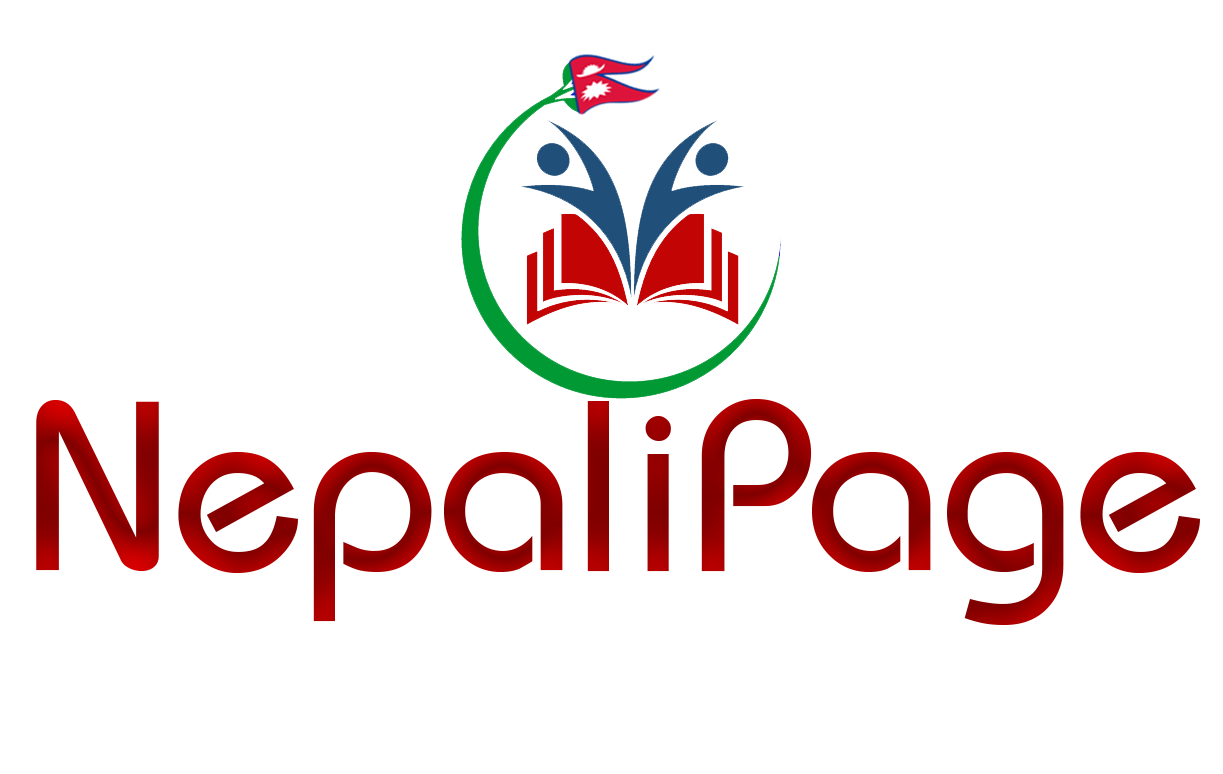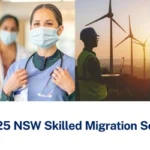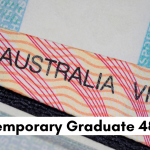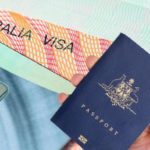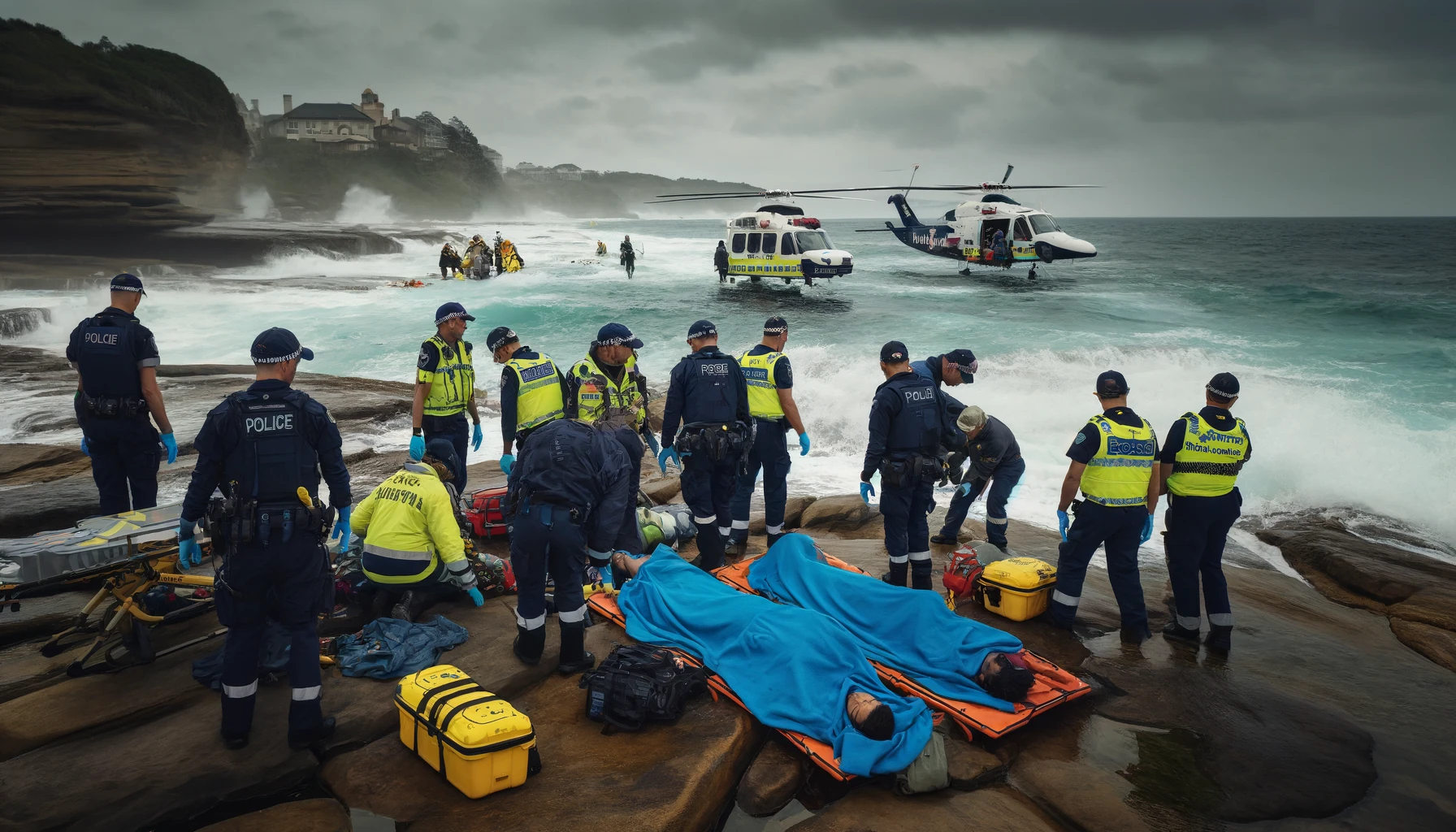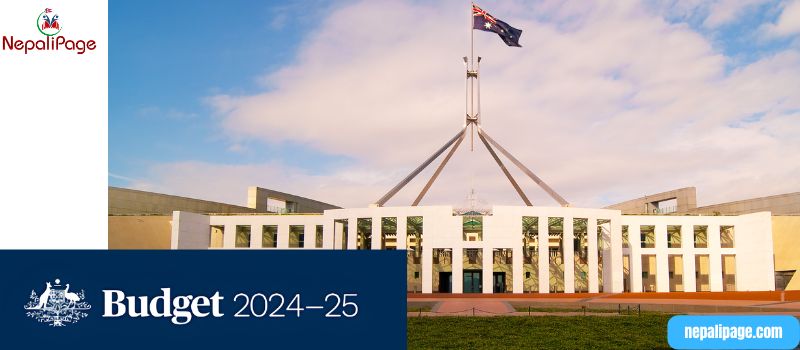[ads1]Visa, is the legal document you required to enter any country other than your own. There are several types of immigration visas available for those interested to migrate to Australia. Each visa type requires you to meet certain conditions and requirements. It is important to know which visa suits you based on your eligibility criteria. The Department of Immigration and Border Protection is entrusted with the task of visa processing. You have to keep in mind the purpose of the visit, duration of the stay, passport and current location while applying for the visa type you intend to. Your passport must contain the information stating the reasons for your stay whether it is for holiday, business, study, treatment or some other reasons.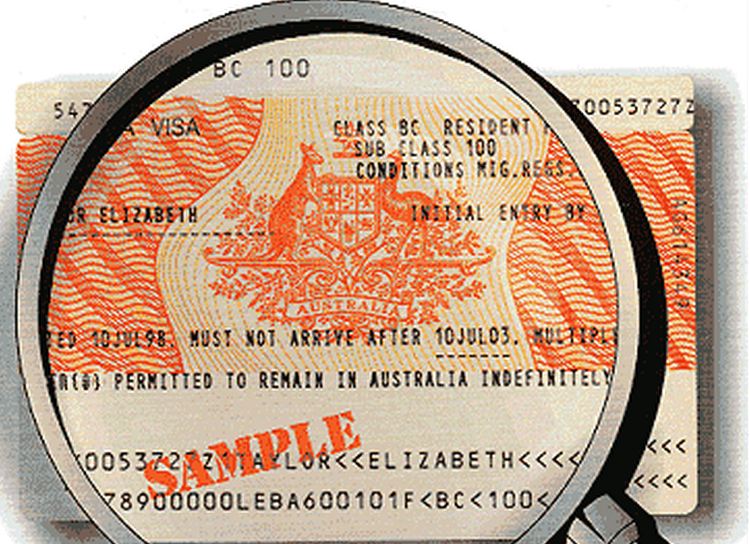
Various visa options available for Australian migrants are:
Visitor Visa: Visitor visa enables you to visit Australia for holidays, business reasons and visit family and friends. The person can stay for three to six months from the date of entry. You are not permitted to work on this visa.
Long-term stay visa: If you plan to stay for longer period in Australia you have to apply for long-term stay visa. If you intend to study a course in Australia you can apply for student visa. You can choose from students’ visa options and pick one from primary or secondary education, higher education, post-graduation education or vocational training. If you want to do a short-term course you are eligible to enter Australia on a visitor visa. Australia has made temporary work visa available for four years for skilled workers. Likewise, there is working holiday visa for those who want to spend holidays and work in Australia up to a year. To get Temporary work skilled visa you need to have skills Australian business needs. To bring in family members with you, you can apply for family visa.
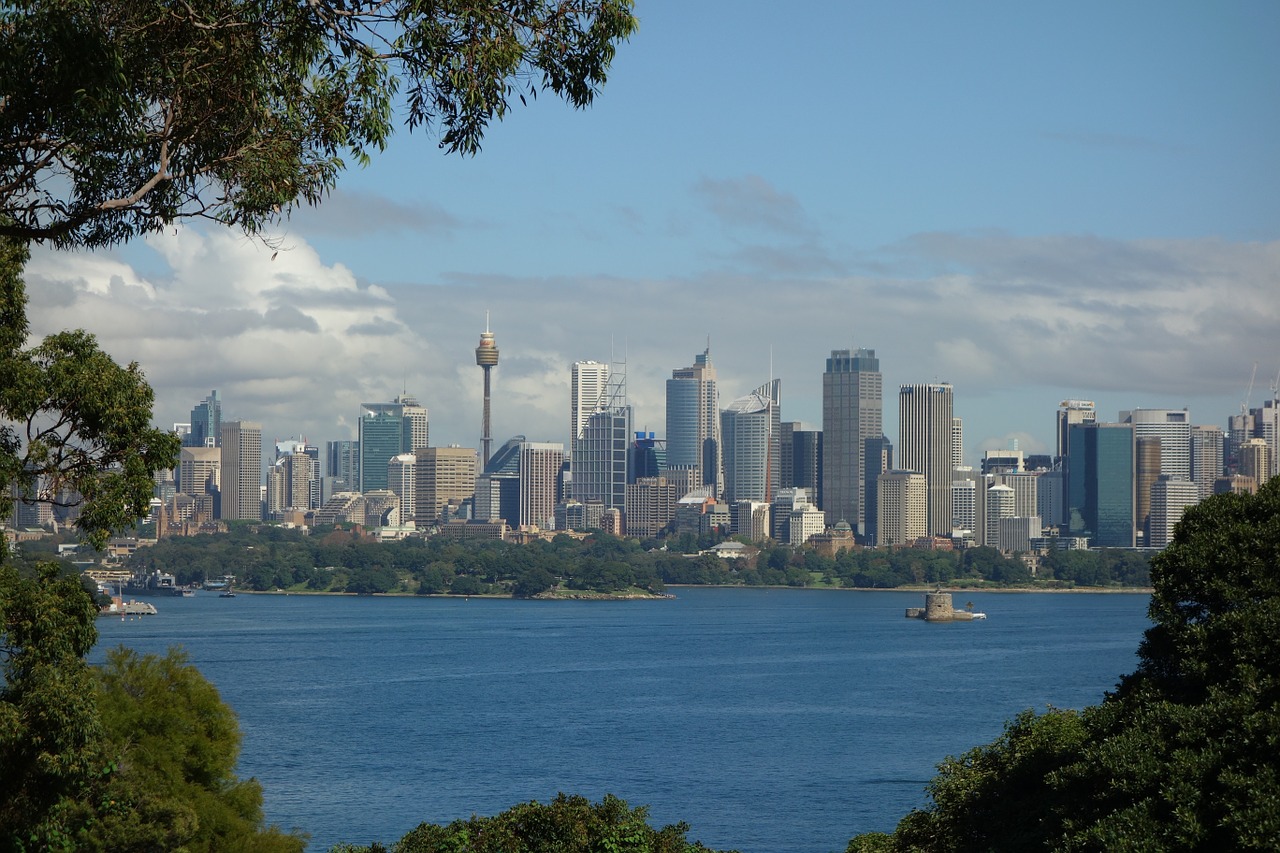
Family visa: You can sponsor your family to live in Australia if you are an Australian citizen, Australian permanent resident or an eligible New Zealand citizen. Types of family visa are:
Partner category visa: you will be eligible for partner visa if you have a spouse, fiancé and de facto partner (same sex partner) as an Australian citizen or eligible New Zealand citizen.
Relative visa: You can apply for a relative visa if you are old and financially dependent on a relative who lives in Australia as an Australian citizen or Australian permanent resident or an eligible New Zealand citizen.
Parent visa: You can apply for parent category visa if you have a child who is an Australian citizen, an Australian permanent resident, or an eligible New Zealand citizen. You will be granted with parent visa if your child has been living in Australia lawfully for at least 2 years before you the date of your visa application. You also have to meet health and character requirement and balance of family test criteria if at least half of your children live permanently in Australia to get the parent visa. Under parent visa, you can live in Australia for up to 2 years as a temporary or permanent Australian resident. If you have anybody to sponsor your stay who is staying in Australia as a temporary or permanent Australian resident then also you can apply for the parent visa. Your sponsor must be above 18 years of age and living legitimately for two years before your visa processing. Parent visa options are categories under Parent Visa (subclass 103), : Contributory Parent Visa (subclass 143), Contributory Parent (Temporary) Visa (subclass 173), Aged Parent Visa (subclass 804), Contributory Aged Parent (Temporary) Visa (subclass 884), : Contributory Aged Parent Visa (subclass 864).
Child and adoption visa: Being a permanent Australian citizen parent you will be eligible to bring in a child in Australia. The child must be under 18 years of age and its relationship status must be single. The same rules apply for child adoption visa as well. Visa options under this category are Child (Permanent) (Subclass 802), Orphan Relative (Permanent) (Subclass 837), Child (Permanent) (Subclass 101), Orphan Relative (Permanent) (Subclass 117),Adoption Visa (Permanent) (Subclass 102), Dependent Child Visa (Subclass 445).
The department of Immigration and Border Protection puts limits on the number of visas granted each year, which is called capping and queuing. It means you are put on a waiting list until the visa category you have applied becomes available because the limit set on the number of visas to be granted has been reached. Mostly those applying for family, parent visas are kept on a waiting list.
Despite knowing all these information if you still want the help from some authorized person to help you with your visa, you can get the help of Migration Agents Registration Authority who are responsible for giving immigration assistance in Australia. [ads2]

